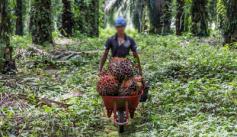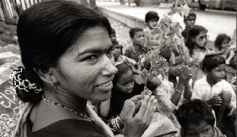On 12 and 13 October 2016, the International Labour Rights Forum (ILRF) convened a diverse group of experts in technology, human trafficking, labor rights, seafood supply chains, vessel monitoring, and other relevant fields at a workshop in Bangkok. The purpose of the two-day workshop was to explore the applicability of satellite-based vessel tracking technology, in combination with newly available and emerging data about fishing crews, to assess and mitigate risks of human trafficking on fishing vessels.


